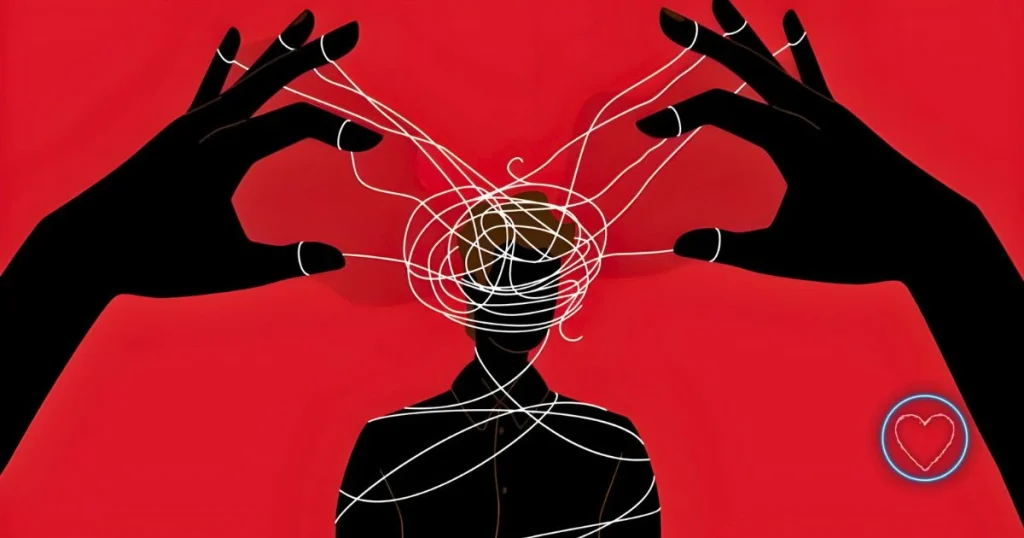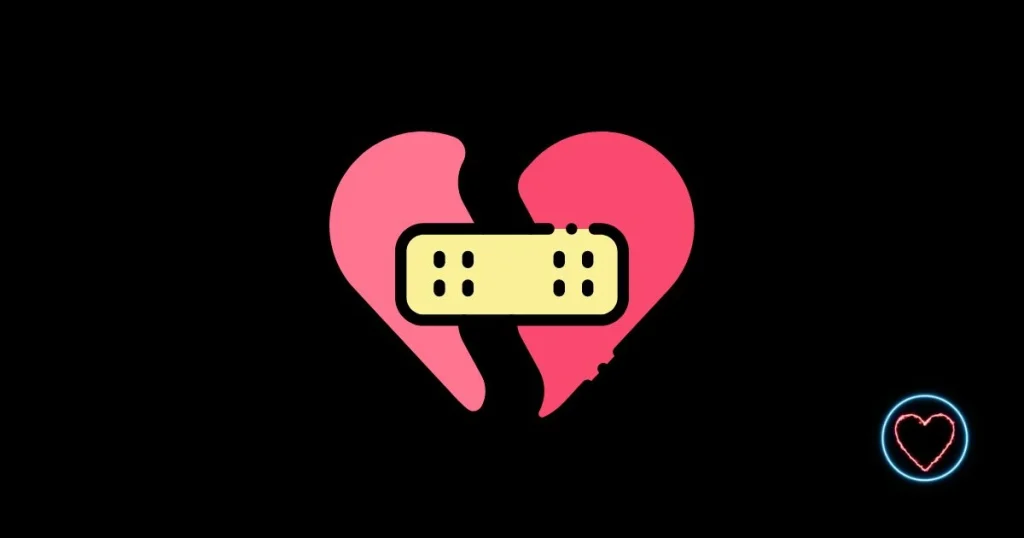In relationships, emotional maturity isn’t optional—it’s essential. It’s the quiet force behind empathy, communication, respect, and resilience. While physical attraction and shared interests might light the fire, emotional maturity is what keeps it burning.
So what happens when your partner (or someone you’re dating) isn’t emotionally mature? You begin to feel like you’re parenting instead of partnering. You’re constantly walking on eggshells. You’re drained, confused, and hurt—but you can’t always explain why.
Emotional immaturity doesn’t always show up as tantrums or obvious outbursts. Sometimes, it’s subtle: the inability to handle stress, avoidance of accountability, or shutting down during conflict. Here are 12 signs someone is emotionally immature—and how those behaviors can damage a relationship over time.
1. They Avoid Difficult Conversations
Emotionally immature people dodge tough conversations like they’re allergic to discomfort. Whether it’s discussing feelings, setting boundaries, or resolving issues, they’ll change the subject, ghost you for days, or pretend everything is fine.
This avoidance creates a cycle of unspoken tension. Instead of facing conflict head-on and growing through it, they run from it, leaving the emotional labor up to you.
🛑 Red Flag: They say “I don’t want to talk about it” as a way to shut you down—not as a temporary pause to gather thoughts.
2. They Blame Everyone but Themselves
Accountability is a pillar of emotional maturity. Emotionally immature people don’t take responsibility for their actions. When things go wrong, they blame their parents, their ex, their boss, their childhood—or you.
They rarely say, “I was wrong,” or “I overreacted.” Instead, you’ll hear phrases like “You made me do it” or “If you hadn’t done that, I wouldn’t have gotten angry.”
🛑 Red Flag: They frame themselves as the victim in every disagreement, even when their behavior clearly caused harm.
3. They Struggle to Empathize With Others
Empathy means being able to put yourself in someone else’s shoes. Emotionally immature individuals often lack this skill. They can’t—or won’t—see things from your perspective. When you express pain, they may respond with indifference, defensiveness, or mockery.
They tend to minimize your feelings or twist the conversation to make it about themselves, leaving you feeling invisible or invalidated.
🛑 Red Flag: They respond to your vulnerable moments with sarcasm, irritation, or “You’re too sensitive.”
4. They Can’t Regulate Their Emotions
Emotional maturity includes emotional regulation—knowing how to manage feelings instead of being ruled by them. Immature partners swing from mood to mood without control. One moment they’re loving; the next, they’re cold or angry.
You’re never sure what version of them you’ll get, and their reactions often feel out of proportion to the situation. Small issues explode. Minor inconveniences become meltdowns.
🛑 Red Flag: Their reactions regularly feel like emotional overkill—as if everything is a crisis.
5. They Weaponize Silence or Outbursts
Some emotionally immature people use the silent treatment as punishment. Others lash out with yelling or name-calling when they feel cornered. Either way, their inability to express themselves calmly becomes a weapon.
These tactics are forms of emotional manipulation—an attempt to gain control by making you feel bad, fearful, or guilty.
🛑 Red Flag: You start censoring yourself to avoid their outbursts or silence.
6. They Have Unrealistic Expectations of You
Emotionally immature individuals often expect their partner to meet all their emotional needs—to make them happy, solve their problems, or fix their pain. If you fall short (as all humans do), they grow resentful.
Instead of taking responsibility for their own happiness, they become overly dependent, clingy, or passive-aggressive.
🛑 Red Flag: They expect you to “just know” what they need, but get upset when you don’t.
7. They Struggle With Commitment and Consistency
Immaturity shows up in a person’s ability—or inability—to commit. Whether it’s canceling plans, being wishy-washy about the future, or flip-flopping between love and detachment, emotionally immature people often lack consistency.
They might say they love you but refuse to define the relationship. Or they may commit one week and pull away the next, keeping you in a constant state of confusion.
🛑 Red Flag: You feel like you’re always guessing where you stand with them.
8. They Can’t Handle Feedback or Criticism
Try offering gentle feedback to an emotionally immature person, and watch how fast they get defensive. Even well-intentioned conversations are met with denial, excuses, or counter-attacks.
They might twist your words, accuse you of nagging, or turn the issue around on you—making it impossible to grow together as a couple.
🛑 Red Flag: Any feedback is treated as a personal attack, not an opportunity for growth.
9. They Focus on Winning, Not Understanding
In arguments, emotionally immature people care more about being right than being kind. Their goal isn’t resolution—it’s victory. They interrupt, deflect, and double down instead of listening.
This behavior turns every disagreement into a battle, not a dialogue. And instead of growing closer, you grow more disconnected after each conflict.
🛑 Red Flag: They seem more interested in proving a point than understanding your feelings.
10. They Make You Responsible for Their Emotions
An emotionally immature person often says things like, “You made me angry,” or “You’re the reason I’m depressed.” Instead of processing emotions internally, they externalize them—and you become the scapegoat.
This unfair burden creates guilt, confusion, and burnout over time. No one should be responsible for another adult’s emotional stability.
🛑 Red Flag: You feel like you’re constantly “walking on eggshells” to manage their moods.
11. They Lack Emotional Vocabulary
Emotionally mature people can say things like, “I’m anxious,” “I feel overwhelmed,” or “I’m afraid of being hurt.” Immature partners, however, often can’t name their feelings. Instead, they act them out—through withdrawal, sarcasm, or aggression.
This lack of self-awareness makes it almost impossible to resolve problems, because they don’t even know what they’re feeling, let alone why.
🛑 Red Flag: They dismiss emotional conversations with “I don’t know,” “I don’t care,” or “Whatever.”
12. They Struggle to Apologize or Forgive
Emotionally immature people view apologies as admissions of weakness. They often refuse to apologize—even when clearly in the wrong. Or they apologize in a way that shifts blame (“I’m sorry you feel that way”).
They also hold grudges, bringing up old mistakes as emotional ammunition. Forgiveness and moving on? That’s not part of their playbook.
🛑 Red Flag: They use apologies to manipulate, or withhold them entirely.
Why This Matters in Relationships
Emotional immaturity doesn’t just create inconvenience—it creates instability. Relationships require empathy, accountability, communication, and self-regulation. Without those skills, even the most passionate love can become toxic, confusing, or emotionally unsafe.
You may find yourself:
- Constantly reassuring them
- Diminishing your needs
- Feeling anxious, not secure
- Doing the emotional labor for both of you
- Losing confidence in your intuition
If you’re with someone emotionally immature, your growth will eventually threaten them. Instead of rising with you, they’ll pull you down, leaving you torn between loving them and protecting your peace.
Can Emotional Immaturity Be Fixed?
Yes—but only if the person is willing to grow.
Emotional intelligence and maturity are skills that can be developed. With therapy, self-awareness, and willingness, many emotionally immature individuals can evolve into better partners.
However, the keyword is willingness. If someone refuses to acknowledge their patterns, resists change, or constantly blames others, growth is unlikely.
You can’t force maturity. You can’t love someone into accountability. And you certainly can’t build a stable relationship on the hope that “they’ll grow up eventually.”
Final Thoughts
Loving someone who is emotionally immature is a tough road. It often feels like loving a child in an adult’s body—someone who wants the rewards of a relationship without the responsibilities.
But your emotional well-being is not optional.
If you recognize these signs in someone you’re dating, take a step back and ask: Am I being nurtured, or drained? Are we growing together, or am I growing alone?
Love isn’t enough when maturity is missing. You deserve a relationship where conflict leads to closeness, emotions lead to understanding, and growth is mutual—not one-sided.
Choose partners who meet you with maturity, not manipulation. Because real love isn’t about perfection—it’s about emotional evolution.




















